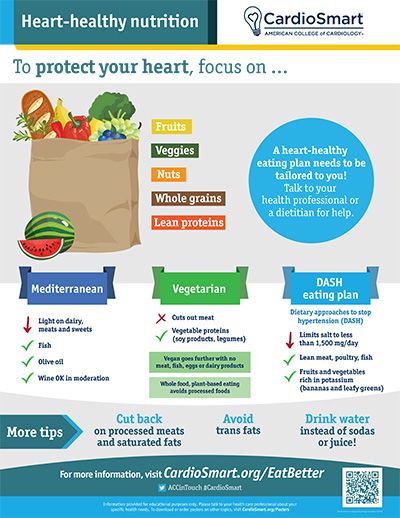Heart disease is a leading cause of death worldwide, but the good news is that it can often be prevented or managed through lifestyle changes, including diet. If you or a loved one has been diagnosed with heart disease, following a special diet can be a powerful tool in improving heart health and reducing the risk of complications.
The Mediterranean Diet
One of the most well-researched diets for heart health is the Mediterranean diet. This eating plan is inspired by the traditional diets of countries like Greece and Italy, and is rich in fruits, vegetables, whole grains, nuts, seeds, fish, and olive oil. The Mediterranean diet has been shown to lower the risk of heart disease and improve overall heart health.
Key components of the Mediterranean diet include:
Eating plenty of fruits and vegetables
Choosing whole grains over refined grains
Consuming healthy fats, such as olive oil and nuts
Eating fish and poultry in moderation
Limiting red meat and processed foods
The DASH Diet
Another popular diet for heart health is the DASH diet, which stands for Dietary Approaches to Stop Hypertension. This eating plan is designed to lower blood pressure and reduce the risk of heart disease by promoting a diet rich in fruits, vegetables, whole grains, and low-fat dairy products, while limiting sodium, sugar, and saturated fats.
Key components of the DASH diet include:
Increasing consumption of fruits and vegetables
Choosing whole grains over refined grains
Including low-fat dairy products in your diet
Limiting sodium intake
Reducing consumption of sugar and saturated fats
Other Tips and Recommendations
In addition to following a specific diet plan, there are several other tips and recommendations that can help improve heart health:
Exercise Regularly
Physical activity is essential for maintaining a healthy heart. Aim for at least 150 minutes of moderate exercise per week, such as brisk walking, swimming, or cycling.
Quit Smoking
Smoking is a major risk factor for heart disease. If you smoke, seek help to quit and avoid exposure to secondhand smoke.
Manage Stress
Chronic stress can have negative effects on heart health. Practice relaxation techniques, such as meditation or deep breathing exercises, to reduce stress levels.
Monitor Your Blood Pressure and Cholesterol
Regularly check your blood pressure and cholesterol levels, and work with your healthcare provider to keep them within healthy ranges.
Stay Hydrated
Drinking plenty of water is important for overall health, including heart health. Aim for at least 8 cups of water per day.
Conclusion
Following a special diet for heart health is an important step in preventing and managing heart disease. The Mediterranean and DASH diets are two popular options that have been shown to improve heart health. In addition to diet, it’s also important to exercise regularly, quit smoking, manage stress, monitor your blood pressure and cholesterol levels, and stay hydrated. By making these lifestyle changes, you can improve your heart health and reduce the risk of heart disease complications.




